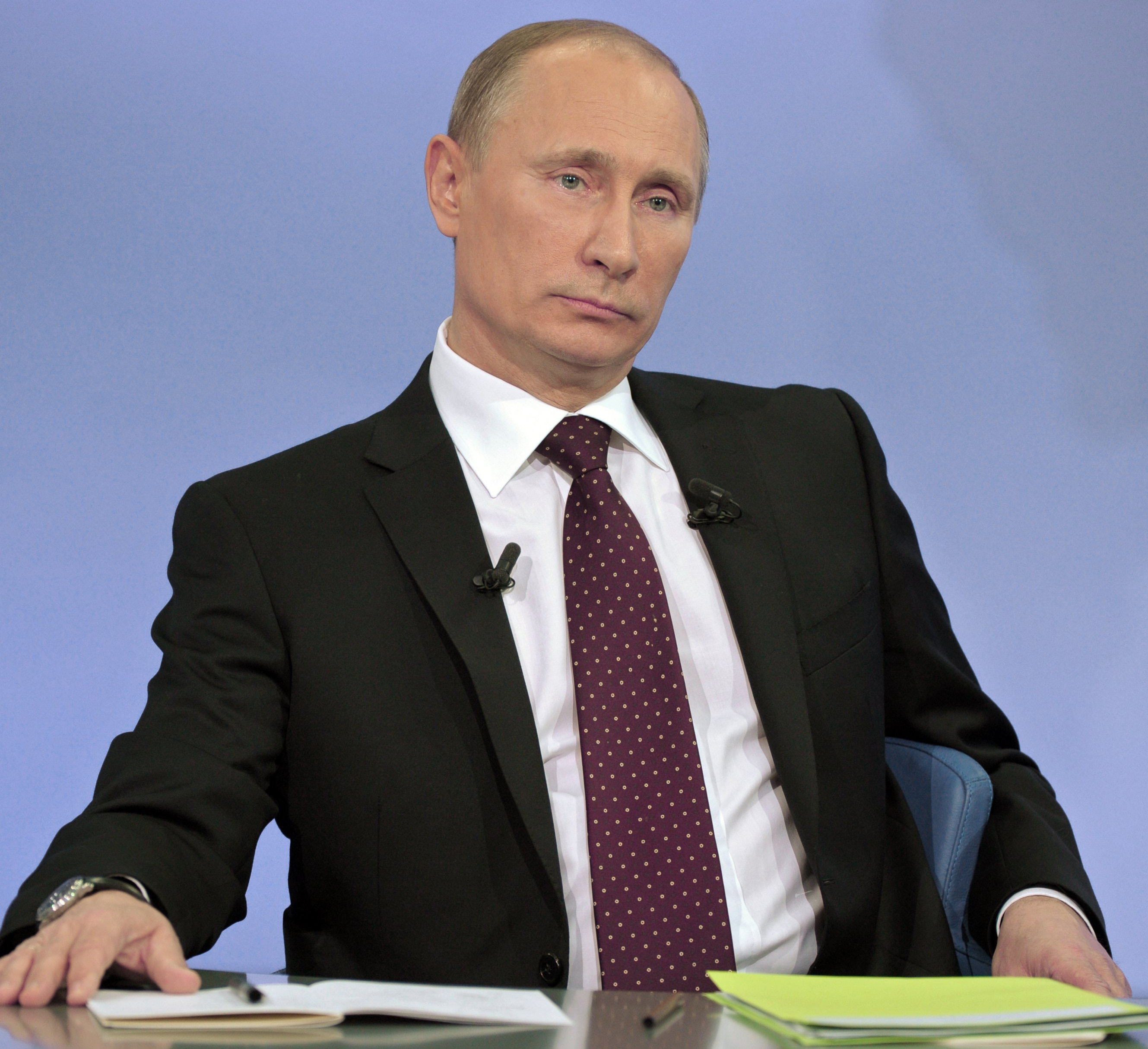Key Takeaways
- NATO/EU membership, neutrality, territory, and reconstruction all in the table in Ukraine peace deal negotiations.
- Trump’s personality will mitigate against a deal that is overly favorable to Moscow.
During his 2024 campaign, President Donald Trump boasted that, if elected, he could settle the Ukraine war within 24 hours. During a debate, he vowed, “I will get it settled before I even become president,” attributing this confidence to his strong relationships with both Volodymyr Zelensky and Vladimir Putin, claiming that both leaders respect him. Kremlin spokesman Dmitry Peskov acknowledged Trump’s comments, noting that President Putin has repeatedly expressed Moscow’s readiness for dialogue over Ukraine. However, Putin’s readiness for dialogue does not necessarily imply a willingness to compromise.
In early 2022, Russian officials outlined a series of demands for resolving the conflict in Ukraine, often referred to as a “22-point peace plan.” While not formally published by Vladimir Putin, these conditions were presented during diplomatic talks as the Kremlin’s requirements for peace. They included Ukraine adopting neutrality, abandoning its NATO aspirations, recognizing Russia’s annexation of Crimea, and ceding control of the separatist regions of Donetsk and Luhansk. Moscow also insisted on Ukraine’s “demilitarization and denazification,” vague terms requiring significant Ukrainian concessions. In short, the plan calls for the disarmament, isolation, and possible demise of Ukraine. Despite international rejection of these terms, Russia has maintained that its demands remain unchanged, signaling little room for compromise in any potential peace talks.




